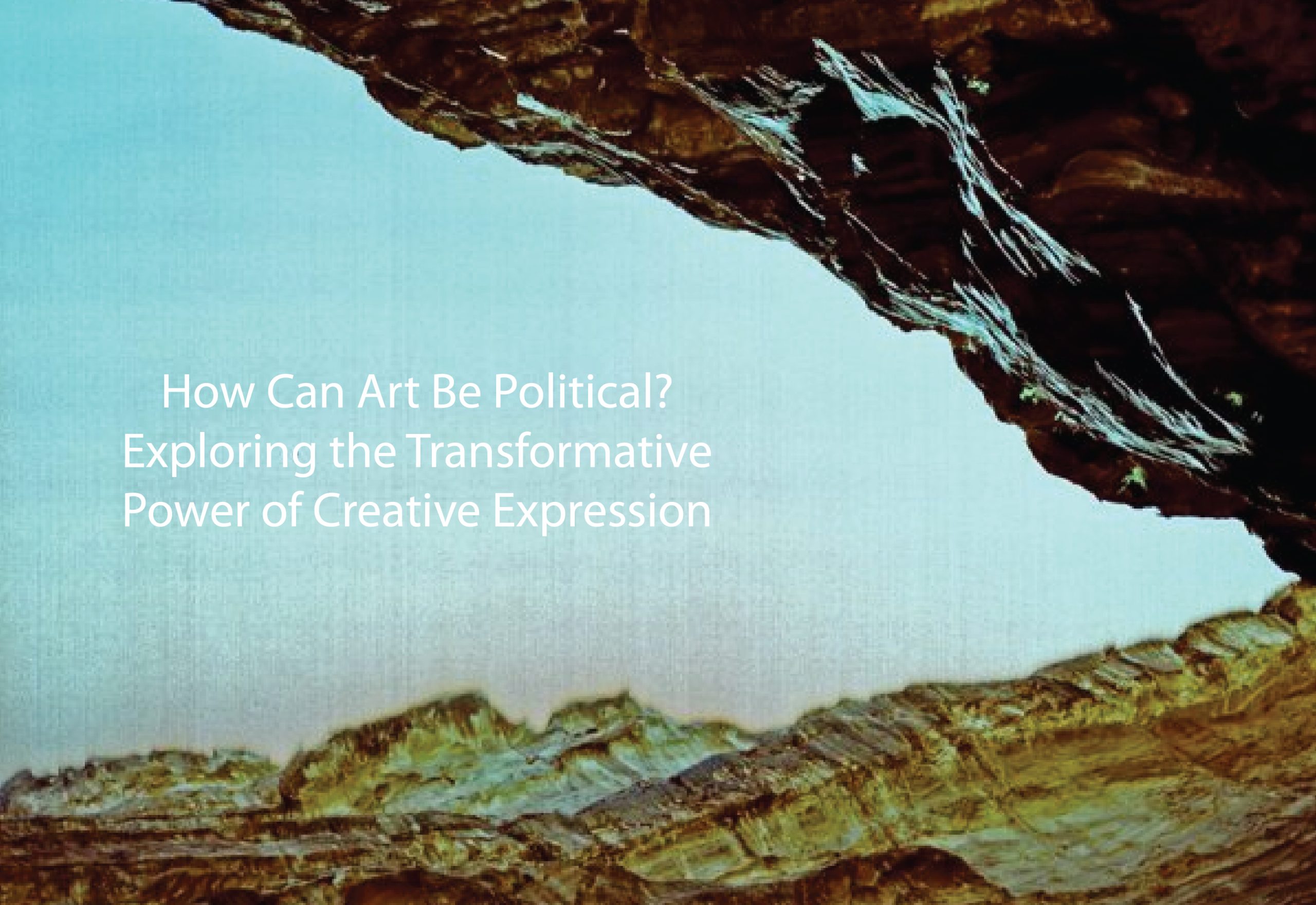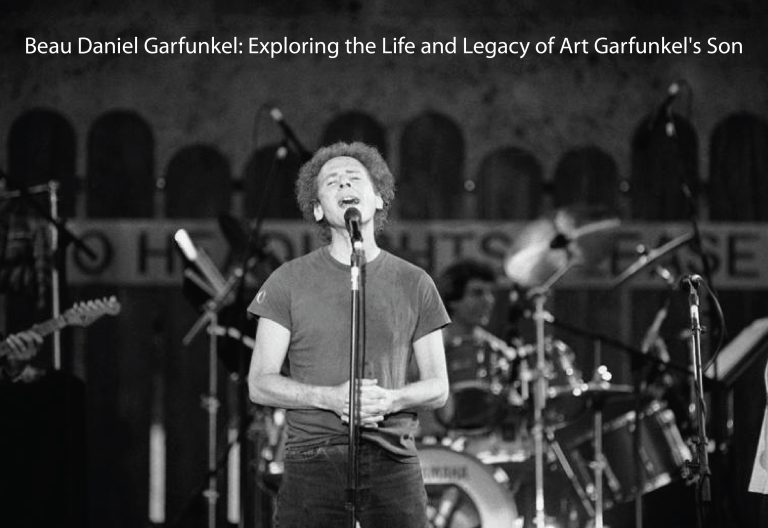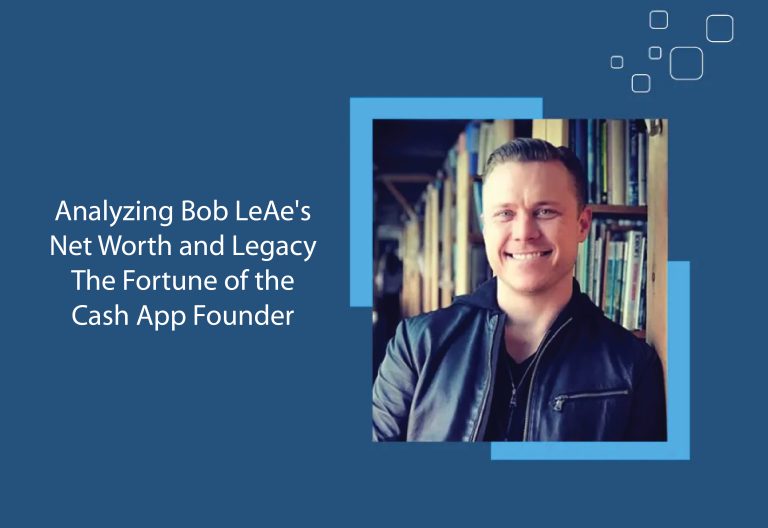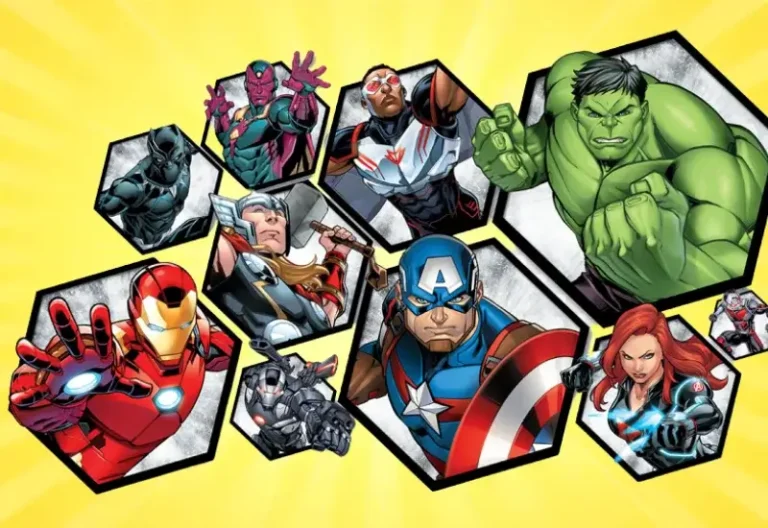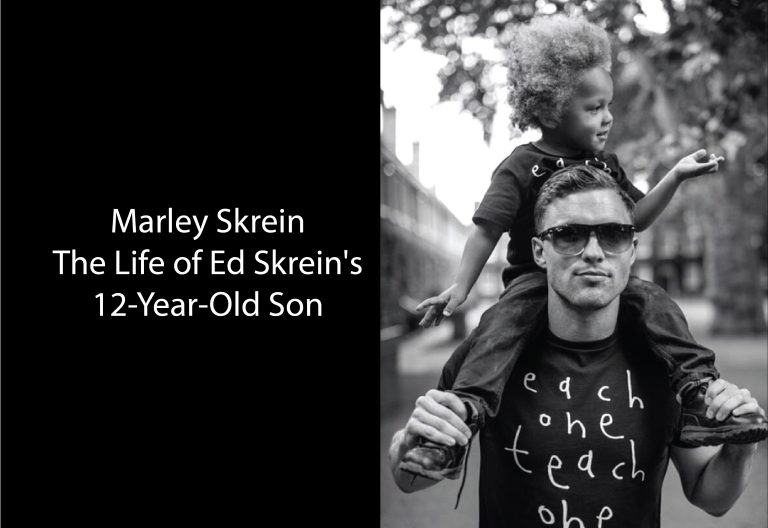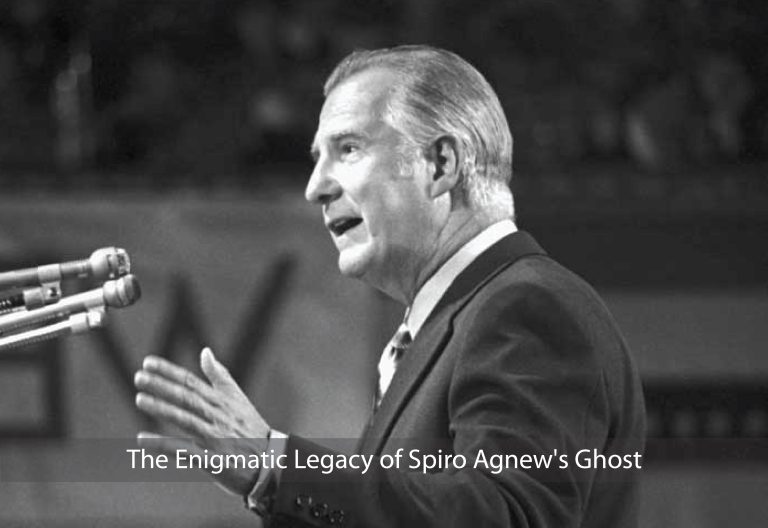How Can Art Be Political? Exploring the Transformative Power of Creative Expression
Art has long been a vehicle for expressing ideas, challenging norms, and reflecting on societal issues. Throughout history, artists have utilized their creative prowess to make powerful political statements and ignite social change. In this thought-provoking article, we will explore the ways in which art can be political, examining the transformative power of creative expression and its capacity to shape public discourse. Drawing insights from the provided article, we will delve into the intersection of art and politics, analyzing the diverse methods artists employ to convey their messages and the impact their work can have on individuals and communities.
The Role of Art in Political Discourse
Art has the unique ability to transcend language barriers and evoke emotional responses. This section explores the inherently political nature of art, examining how artists use their work to comment on social, economic, and cultural issues. From paintings and sculptures to photography, street art, and performance art, we will explore the various mediums through which artists express their political beliefs. By capturing the attention and imagination of viewers, art becomes a powerful tool for raising awareness and fostering critical thinking.
Art as a Catalyst for Social Change
Art has historically played a pivotal role in inciting social change and challenging the status quo. This section delves into the transformative power of art to inspire activism, unite communities, and challenge oppressive systems. Through examples of significant art movements and iconic artworks, we will explore how artists have used their creations as a means to confront injustice, advocate for marginalized communities, and promote equality and human rights. We will examine the ways in which art has sparked social movements and ignited conversations that have ultimately led to tangible change.
Artists as Agents of Political Commentary
Artists often serve as observers and commentators on the political landscape, offering critical perspectives and alternative narratives. This section focuses on the role of artists as cultural critics, examining their ability to shed light on political realities, expose hidden truths, and challenge dominant narratives. By pushing boundaries and confronting societal norms, artists have the power to disrupt established power structures and encourage viewers to question prevailing ideologies.
Art and the Freedom of Expression
Freedom of expression is a fundamental tenet of democracy, and art is a powerful vehicle for exercising this right. This section explores the intersection of art and freedom of expression, highlighting the importance of safeguarding artistic autonomy and protecting artists’ rights to create work that may be politically charged or controversial. By examining historical and contemporary examples of censorship and suppression of political art, we underscore the significance of fostering an environment that encourages artistic expression and nurtures diverse perspectives.
The Impact of Art on Individuals and Society
Art can transcend personal biases, and bridge divides. This section delves into the impact of political art on individuals and society, exploring how it can evoke empathy, inspire dialogue, and foster social cohesion. We will examine case studies and examples demonstrating how art can challenge preconceived notions, ignite conversations, and create a shared sense of purpose and collective identity.
Conclusion
Art possesses a unique ability to transcend boundaries and incite change. Art becomes a potent force in political discourse through its power to communicate complex ideas and emotions. As this article demonstrates, art can catalyze social change, a vehicle for political commentary, and a means to challenge established norms. By embracing the transformative power of creative expression, artists have the potential to shape public opinion, challenge oppressive systems, and inspire individuals to envision a more just and inclusive society. As we navigate an increasingly complex and interconnected world, the significance of political art in fostering dialogue, empathy, and critical thinking becomes ever more vital.

